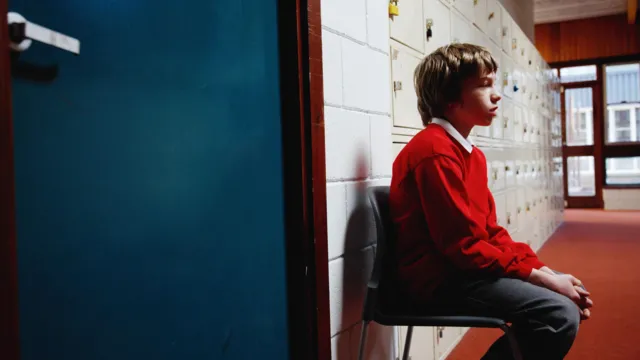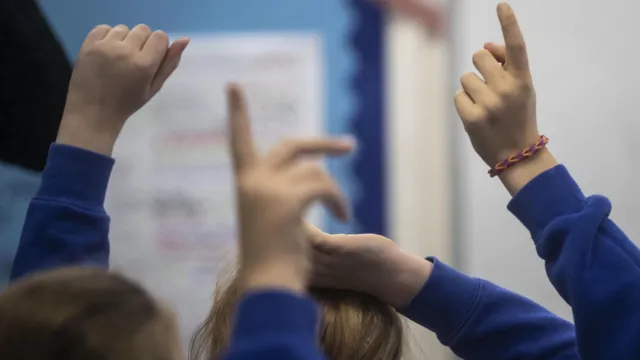England Sees Alarming Surge in School Suspensions, Nearing One Million
A significant surge in school suspensions and permanent exclusions has been recorded across England, reaching the highest figures since 2006. Data from the Department for Education reveals a stark increase, with 954,952 suspensions issued in state schools during the 2023/24 academic year. This represents a substantial 21% rise compared to the previous year. Furthermore, permanent exclusions also saw a notable escalation, increasing by 16% to 10,885.
While secondary schools account for the majority of these disciplinary actions, a deeply concerning trend has emerged in primary education. More than 100,000 primary-aged pupils were suspended, a figure that has grown considerably in recent years. A suspension mandates that a student remains out of school for a period of up to 45 days within a school year, whereas exclusions result in permanent removal from the school’s roll. It is important to note that a single pupil can be subject to multiple suspension periods within the same academic year.

In response to these escalating figures, the government has pledged to address the underlying causes of poor behaviour within educational institutions. As part of this initiative, intensive support is being provided to 500 schools identified as experiencing the most significant challenges with student conduct.
The primary catalyst for these suspensions is persistently disruptive behaviour, which accounts for half of all suspensions and 39% of permanent exclusions. The data also highlights significant disparities in who is being suspended. Nearly half of all suspended pupils were receiving support for special educational needs (SEN), making them three times more likely to be suspended than their peers without SEN. Similarly, children eligible for free school meals, who constitute a quarter of the school population, represent a disproportionate 60% of all suspensions.
Paul Whiteman, general secretary of the NAHT school leaders’ union, emphasized that schools cannot tackle the root causes of poor behaviour alone. “Schools have a duty to provide a safe environment for all pupils and only use suspensions and exclusions when other options to ensure this have been exhausted,” he stated. Whiteman further elaborated that disruptive behaviour often stems from issues beyond the school gates, including poverty, insufficient support for special educational needs, and mental health challenges.
While the vast majority of suspensions (nine in ten) occur in secondary schools, with Year 9 students most frequently suspended, the rise in primary school suspensions is particularly alarming. These have increased by 24% year-on-year. Worryingly, 88% of primary pupils who received permanent exclusions were receiving support for SEN, compared to 46% of secondary pupils facing the same measure. Research from the charity Chance UK indicates that a staggering 90% of children excluded from primary school do not achieve at least a grade 4 in GCSE English and Maths.
Sophie Schmal, director of Chance UK, described the latest figures as a “very concerning picture,” especially the surge in primary school suspensions. “Early intervention has to mean early,” she stressed. “We can’t wait until these children are teenagers to tackle this.”
The government, under early years minister Stephen Morgan, has stated its commitment to addressing the root causes of poor behaviour. Measures include offering mental health support in every school and expanding the provision of free school meals. New attendance and behaviour hubs are being established to provide direct support to the 500 schools most in need. Morgan also highlighted ongoing efforts to reform the SEND system and improve early support for speech and language needs, ADHD, and autism, emphasizing the importance of listening to parents throughout this process.



Post Comment